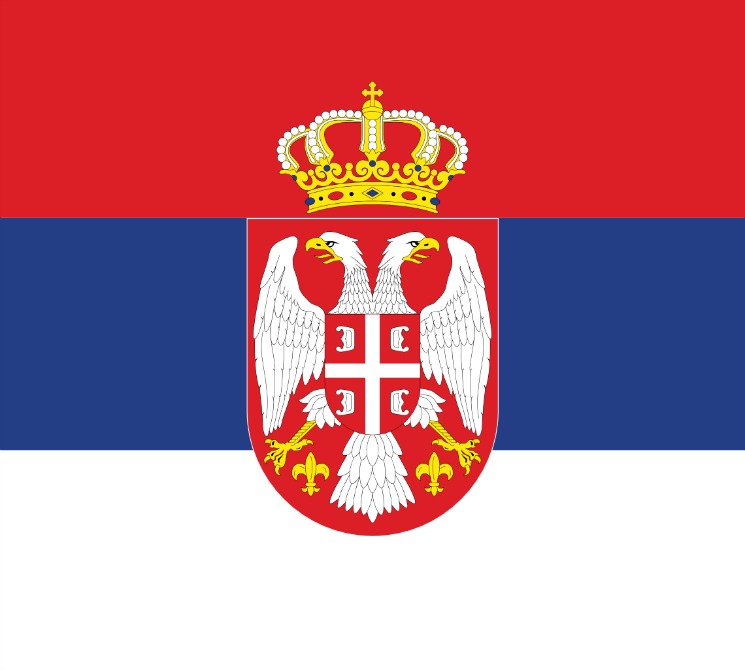In this hearing, Rep. Chris Smith (NJ-04) discussed, with witnesses, the developments in Serbia and what opposition forces had to say about the future of the country. Witnesses present included Miodrag Perisic, co-founder and vice president of Serbia’s first political opposition party (the Democratic Party); Branislav Canak, the president of a confederation of independent trade unions that wanted to organize workers throughout Serbia (the Independents); Veran Matic, Editor-In-Chief of B92, Belgrade’s independent radio station; and Obrad Kesic, program specialist for the Professional Media Program at the International Research and Exchanges Board.
More specifically, Smith and witnesses discussed popular unrest against Milosevic’s refusal to accept election results regarding the ruling Socialist Party and its allies, underscoring more general displeasure with the Serbian government’s track record regarding the economy, human rights, and a lack of confidence that Serbians’ children would have a democratic and prosperous future.










